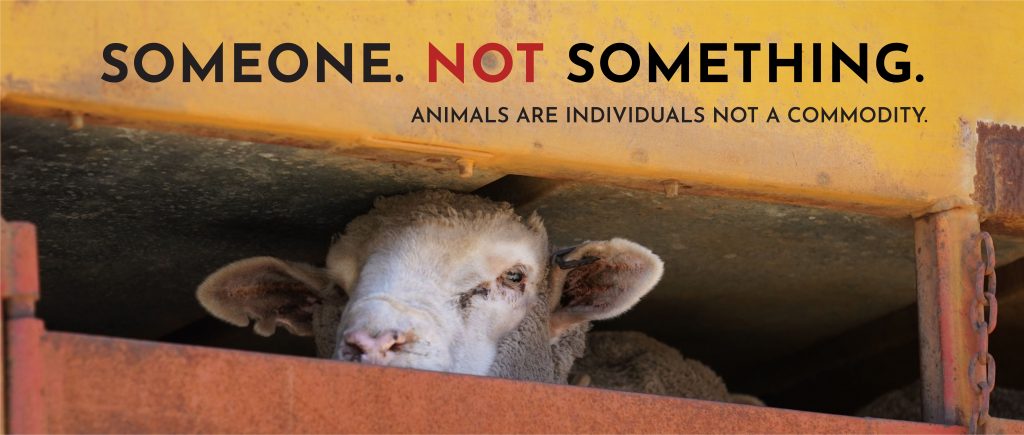
What is veganism?
HISTORY:
The term ‘vegan’ was first coined by Donald Watson in 1944, taking the first three and the last two letters from the word ‘vegetarian’ as he believed that veganism starts with vegetarianism and carries it through to its logical conclusion.
DEFINITION:
The Vegan Society defines vegan as:
“A philosophy and way of living which seeks to exclude—as far as is possible and practicable—all forms of exploitation of, and cruelty to, animals for food, clothing or any other purpose; and by extension, promotes the development and use of animal free alternatives for the benefit of humans, animals and the environment.”
BEYOND DIET:
Often veganism is used to refer to people who do not consume any animal derived products. Not only is meat avoided, but also other animal products such as dairy and eggs.
While diet is a very important part of being vegan, the term vegan extends far beyond this. It refers to the broader philosophy and lifestyle that considers animals in all of the choices that we make, not just when we sit down to eat.
Beyond diet, other actions that we consider consistent with veganism include:
- Avoiding buying clothing made from animal-based products such as leather, fur, silk, down, cashmere and wool.
- Avoiding buying household products that are tested on animals or contain animal derived ingredients.
- Not supporting entertainment involving animals, such as horse racing, greyhound racing, circuses, rodeos or zoos.
- Adopting companion animals from shelters, especially from kill shelters, rather than supporting breeders or pet shops.
- The riding of horses and the use of backyard hens for the purpose of taking their eggs.
